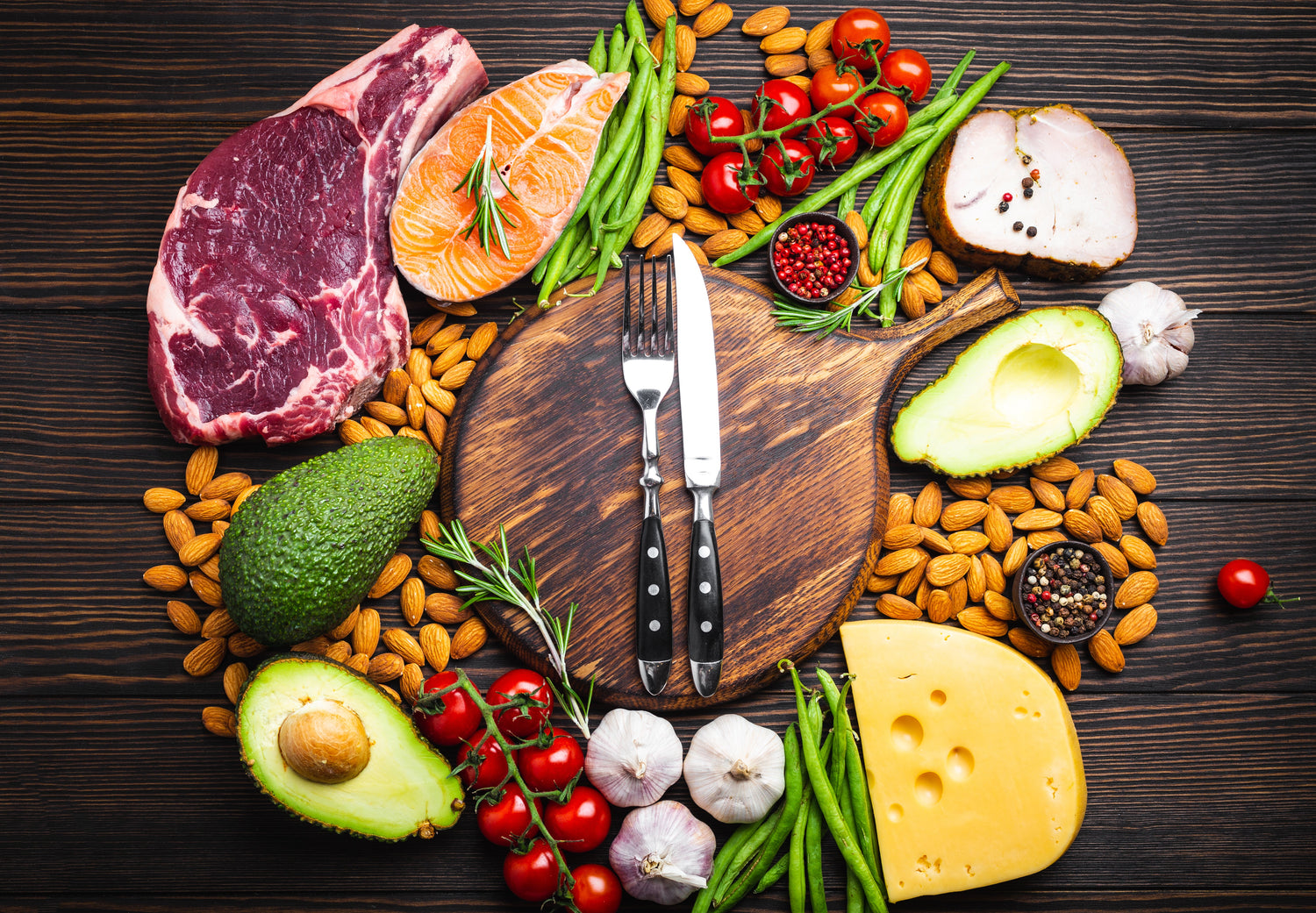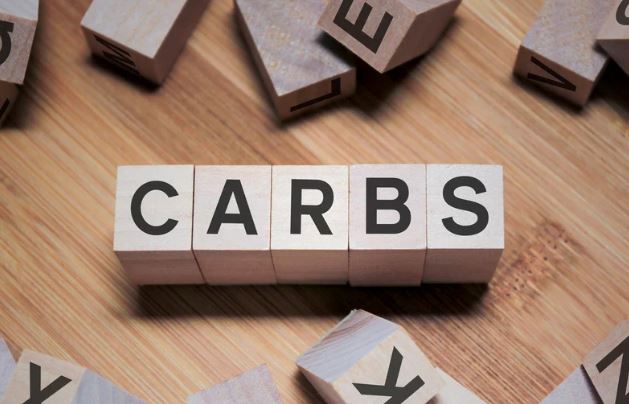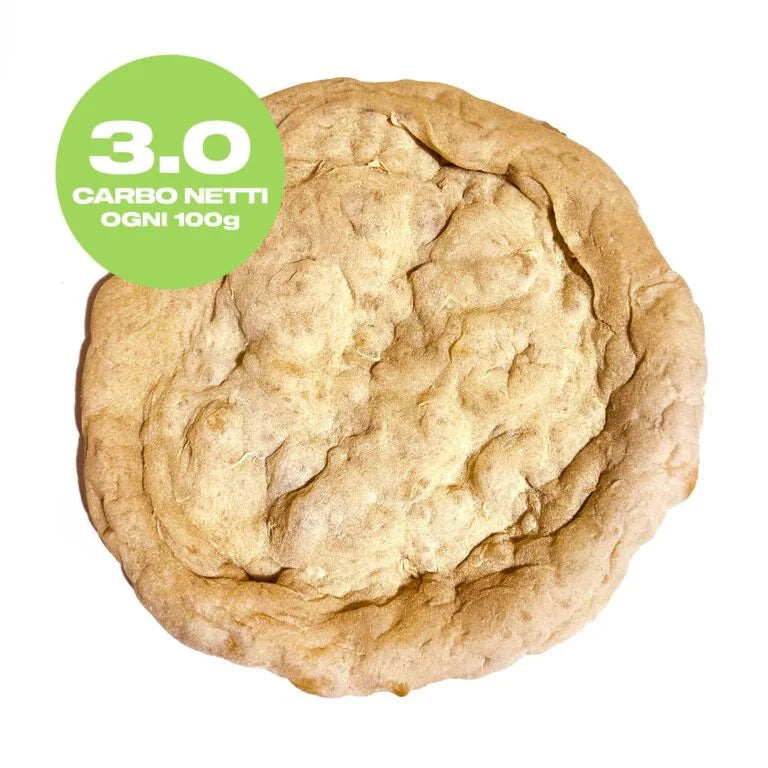Premise : If you are overweight , you need to lower the amount of carbohydrates that you consume.
Keto for Weight Loss: If you're following the keto diet to lose weight, it's important to remember that being in ketosis doesn't guarantee weight loss. Simply put, ketosis is a tool that makes maintaining a calorie deficit much easier because you're not constantly fighting hunger.
Calories are still very important on a ketogenic diet. Some people can eat until they're full without measuring calories and still lose weight. Others find they can overeat on the keto diet and need to measure their calories to maintain a deficit. It's important to determine which method works best for you and your goals.
A low-carb or ketogenic diet has many health benefits compared to many standard eating methods. Most people switch to keto to help with weight loss, but it also has other health benefits, such as reducing the risk of heart disease, diabetes, cancer, stroke, and more.

Getting Started: The Basics
Low in carbohydrates
Restrict your net carbohydrate intake . It is recommended to limit your net carbohydrate intake to 20 grams per day.
While your personal carb threshold may be higher, 20g almost ensures you'll enter ketosis .
Net Carbs = Total Carbs - Fiber - Certain Sugar Alcohols
Fiber is not included in the carbohydrates. Vegetables are perfectly acceptable.
Adequate protein
Make sure you provide your body with enough protein each day.
It is recommended to try to get at least 0.8-1 g of protein per pound of lean body mass (1.8-2.2 g per kg of lean body mass)
Enough fat
You don't need to stuff yourself with fat, but you do need to eat enough. There's an app called Macros that helps you track your fat intake.
Replenish your electrolytes
Your body retains water and electrolytes differently when you're on the keto diet.
It is common for people to suffer from an electrolyte deficiency, often referred to as the keto flu.
To avoid or alleviate the keto flu, make sure you get enough bioavailable sodium, potassium, and magnesium each day, as well as adequate water intake.





